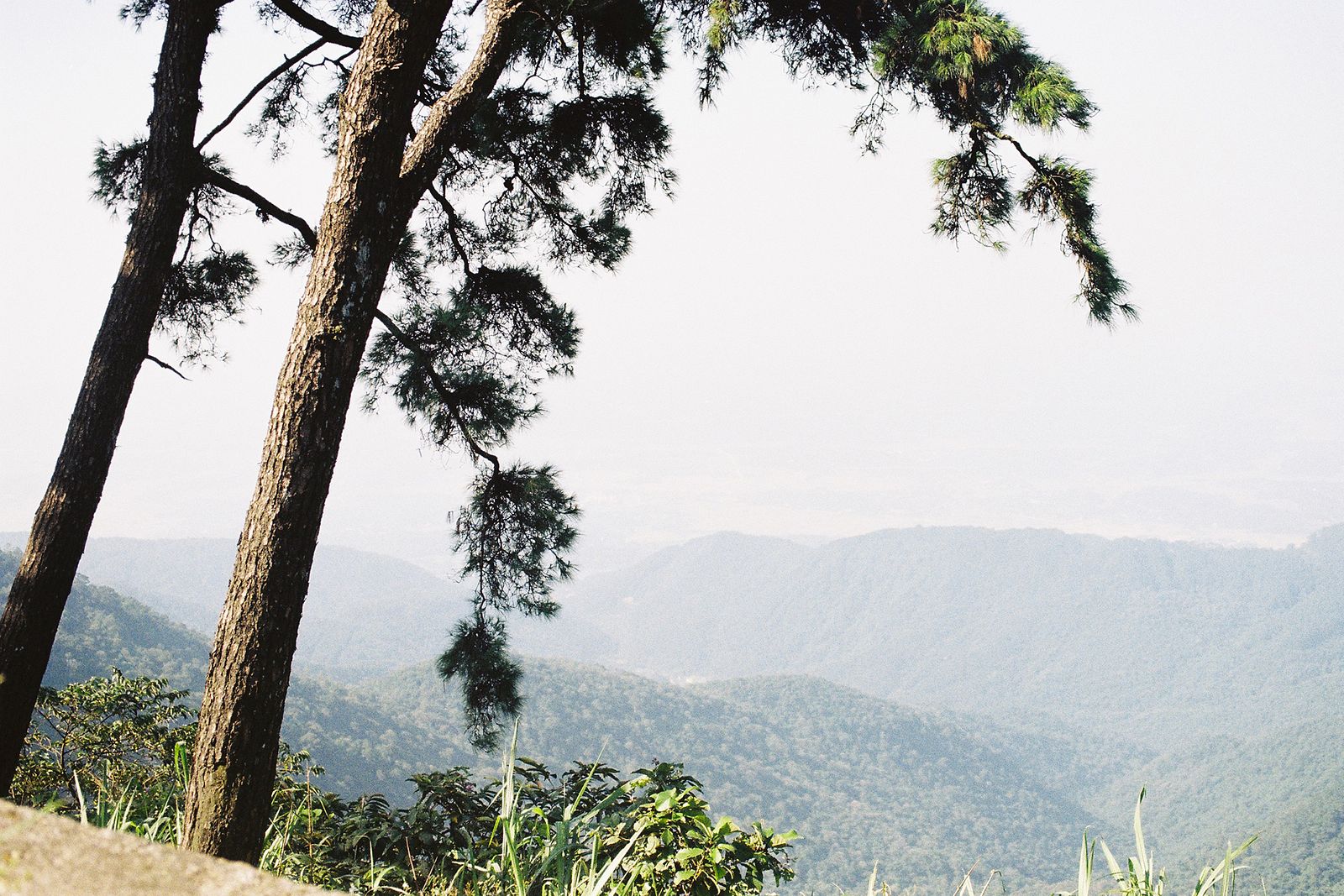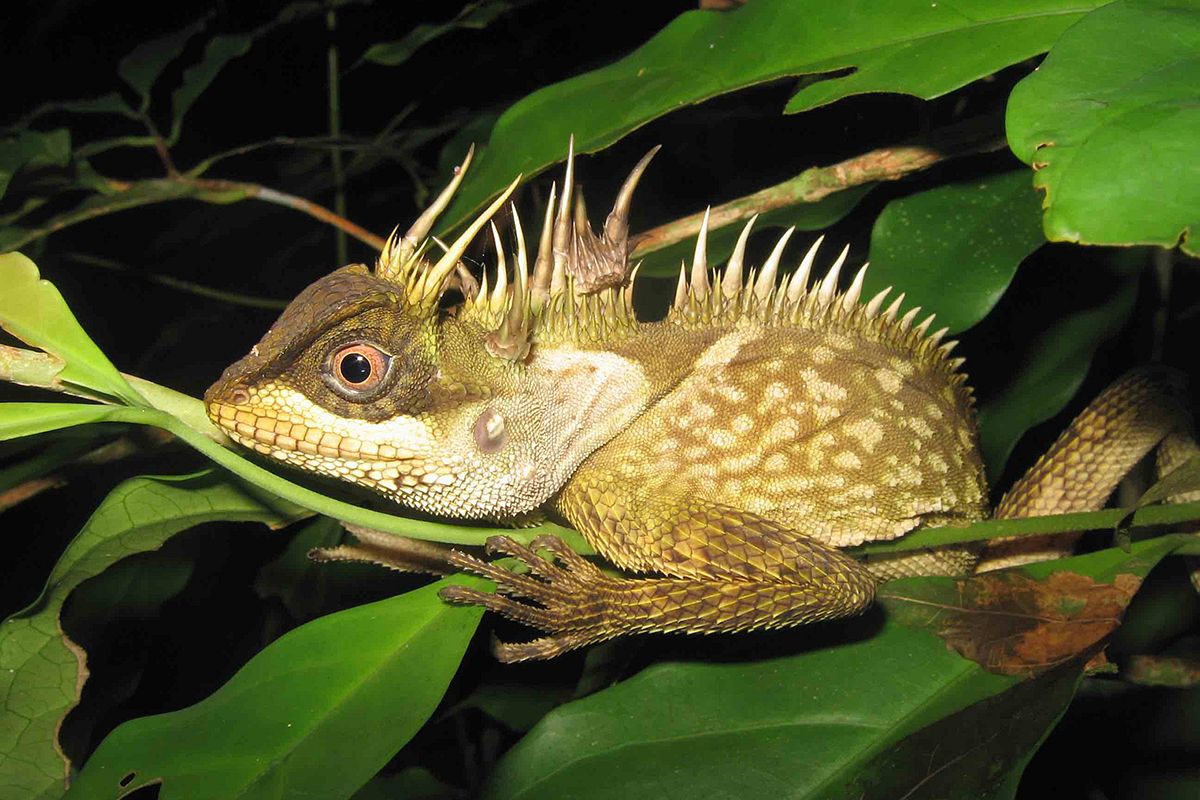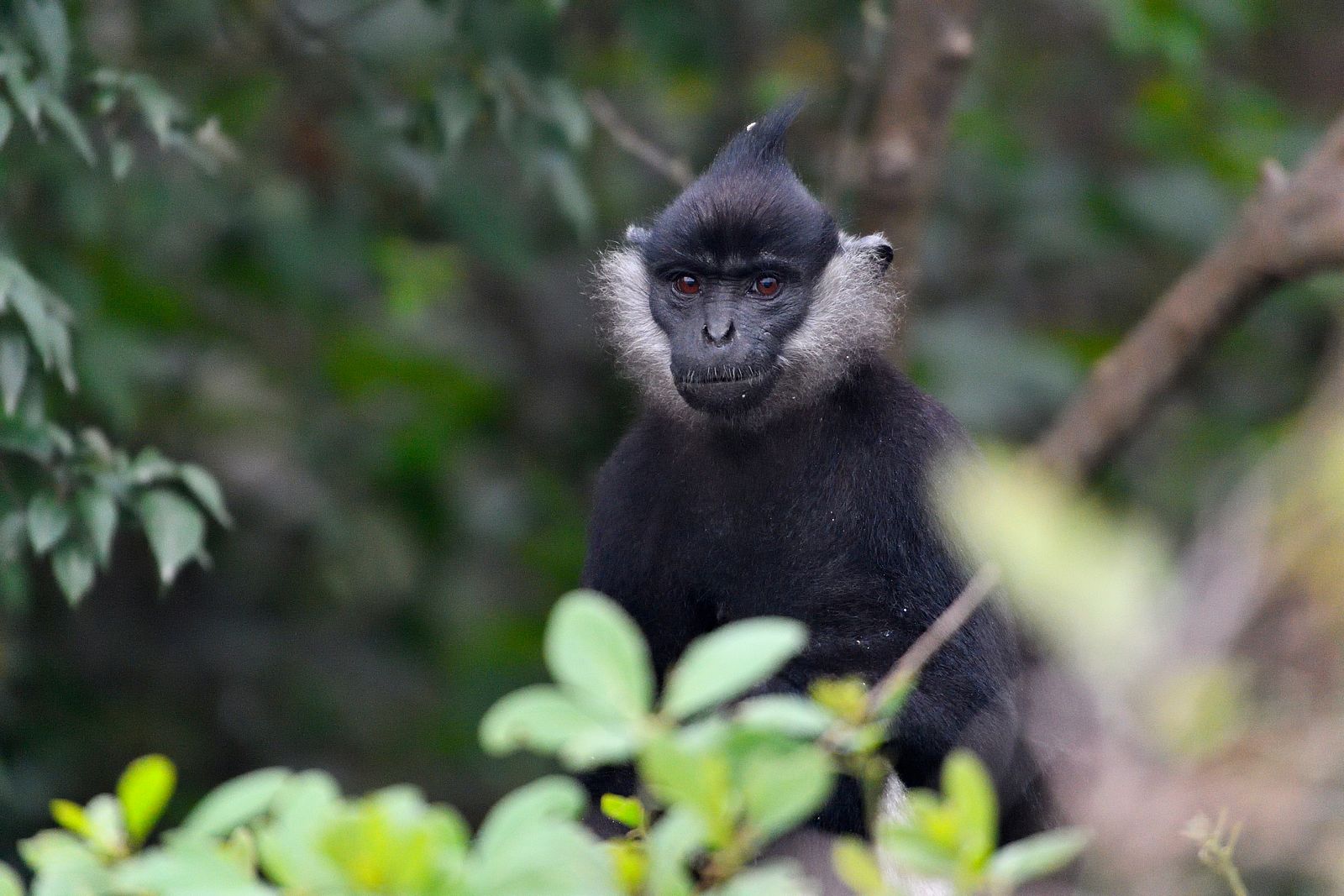A notorious Vietnamese wildlife trafficker was arrested by Thai police for his involvement in the smuggling of over US$1 million worth of illegal rhino horns.
Boonchai Bach, a Thai of Vietnamese descent, was arrested last week in Nakhon Phanom, Thailand for his role in the illicit trafficking of 14 rhino horns from South Africa into Thailand last month. He is understood to be the kingpin of an expansive syndicate that has been smuggling large amounts of poached elephant ivory, rhino horns, pangolins, tigers, lions, and other rare and endangered species throughout Southeast Asia, according to Bangkok-based anti-trafficking organisation Freeland.
Steven Galster, the organisation’s founder, said that nabbing Boonchai, who has been “directly responsible for financing the poaching and logistical movement of massive numbers of endangered species for many years,” is "like catching one of the Corleones," referring to the fictional Godfather family.
The capture follows the December 12 arrest of Nikorn Wongprachan, a Thai National Parks and Wildlife Conservation official who was caught attempting to smuggle the rhino horns from Bangkok’s Suvarnabhumi airport to an associate of Boonchai. Based on that arrest and further evidence, police moved to seize Boonchai at his home near the Laos border.
Boonchai, along with his older brother Bach Van Lim, has led an enormous wildlife smuggling ring that was exposed by The Guardian in 2016. Together with Vixay Keosavang, the "Pablo Escobar of wildlife trafficking," they’ve been funneling tons of endangered live animals as well as bones, ivory and pelts from throughout Asia and South Africa to China and Vietnam for use in traditional medicine despite there being no scientific evidence of their efficacy.
Galster says that the arrest could crack open the “largest wildlife crime case ever.” In 2011, one of the Boonchai’s associates, Chumlong Lemtongthai, was sentenced to 40 years in jail in South Africa for using Thai sex workers to pose as legal hunters in an elaborate poaching scheme that brought rhino horns into Southeast Asia. They’ve also been importing the bones of hundreds of lions to pass off as tiger bones.
If convicted, Boonchai faces up to four years in prison and a US$1,300 fine, but authorities are considering adding money-laundering and customs violation charges that carry up to 10 years in prison according to the New York Post. Some sources claim that Boonchai has admitted guilt while others report he has maintained his innocence.
Boonchai’s brother currently lives in Son Tay, Vietnam where, in addition to illegal wildlife trading, he is involved in prostitution and car smuggling as well as running a hotel, a cafe and a legitimate business selling gold and placing migrant workers. There is a US$1 million bounty on Vixay, but he remains untouchable in his home in Laos thanks to local corruption.
Animal trafficking is a US$23 billion a year industry, making it the fourth most lucrative illicit activity behind drugs, people and arms smuggling. The black market value for one kilogram of rhino horn is believed to be around US$100,000, leading to more than 1,000 endangered rhinos being killed by poachers in Africa every year. Vietnam remains one of the region’s top consumers of illegal wildlife, though recent reports suggest public awareness campaigns are finally having an effect in decreasing demand for rhino horns.
[Photo via Sky News]















